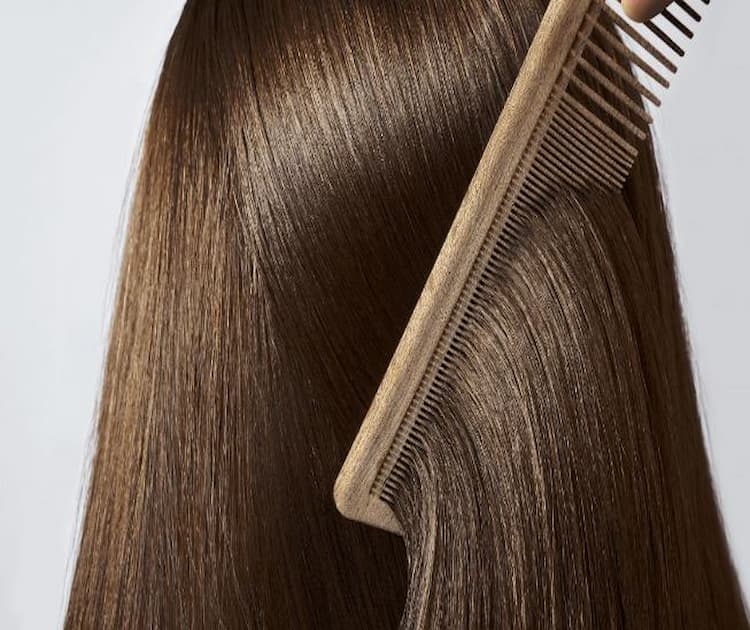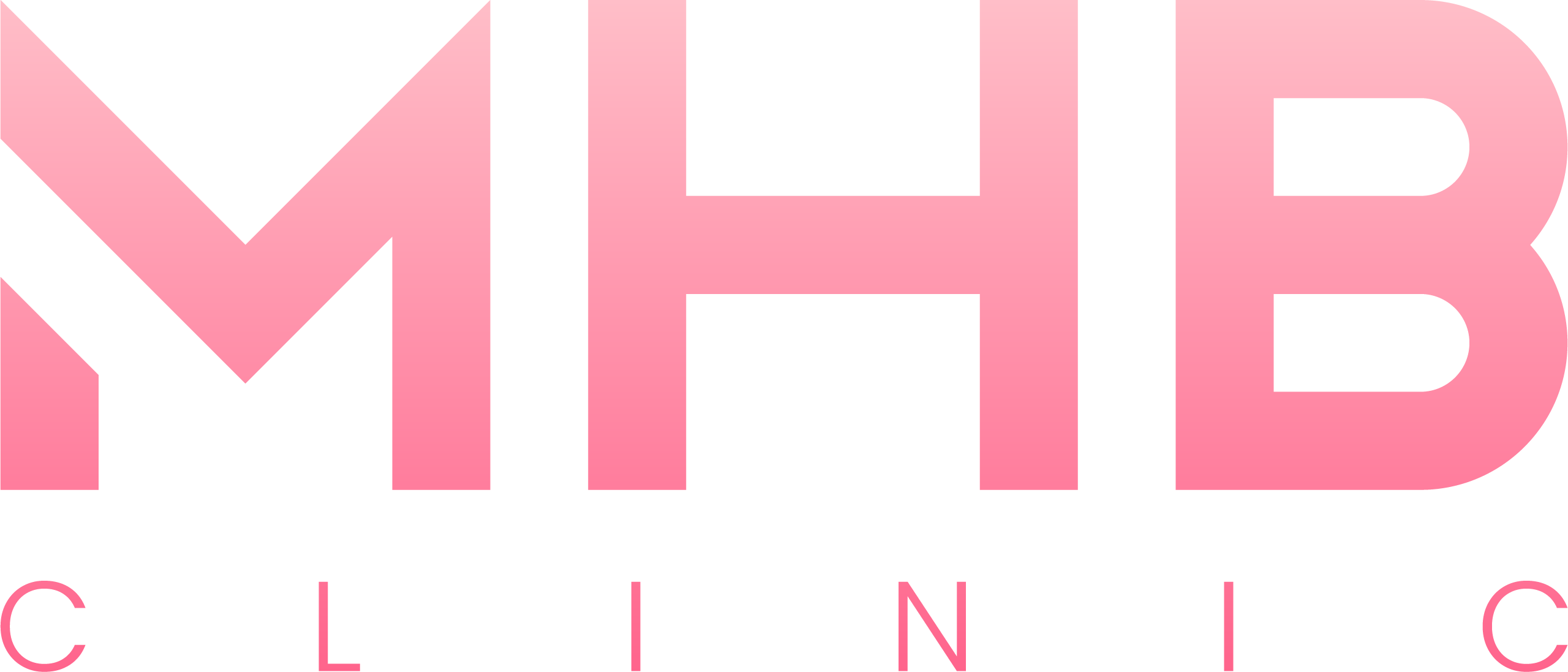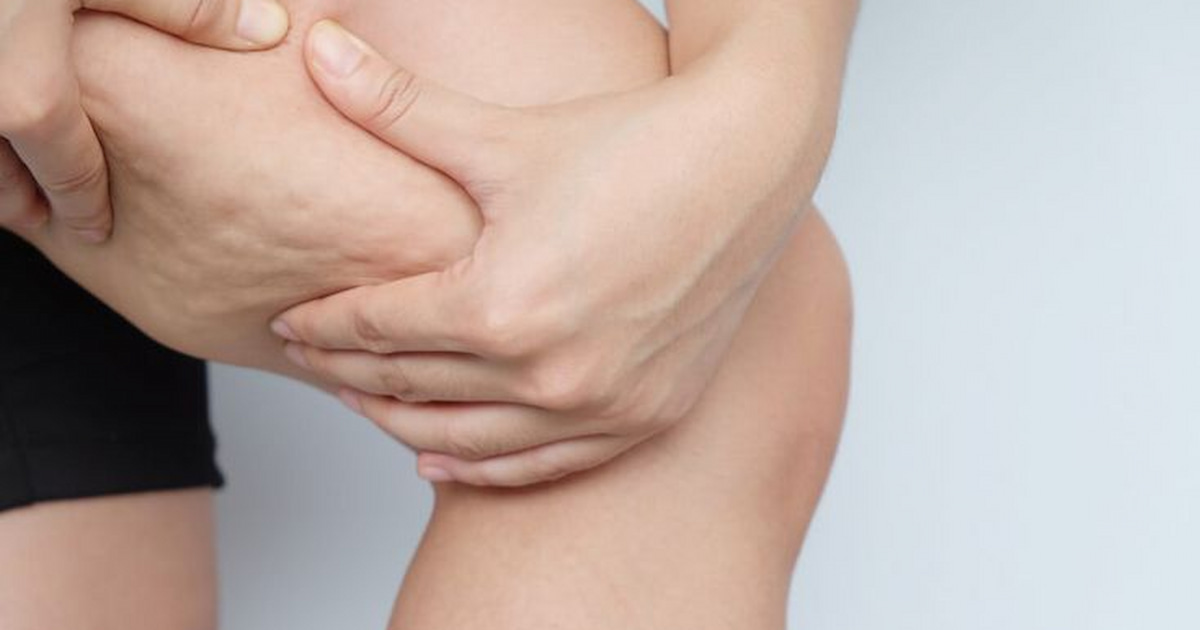You must have heard many myths about hair growth circulating among people. Hair growth and hair loss are important matters, though they can seem a bit mysterious! This leads people to create and spread myths about hair growth. Distinguishing between hair treatment myths and facts is crucial because it can prevent you from doing unnecessary or even harmful things to your hair.
This comprehensive article aims to debunk some of the most common hair growth myths and inform you about the facts to help you establish a proper hair routine to enhance your hair growth.
The Importance of Separating Hair Growth Myths from Facts
Separating hair growth myths from facts is crucial for several reasons. The first and most important reason is that myths can influence you to use ineffective and even harmful treatments. In fact, following hair growth myths can not only fail to boost your hair growth but also lead to hair loss. The second reason is that hair growth myths can create high expectations of great results that will not materialize. This can be frustrating and disappointing and deter you from adopting a fact-based hair growth routine. Another important point is that myths can divert your attention from facts and appropriate treatments for your needs. In conclusion, distinguishing myths from facts is an important step in achieving the best results from your hair growth treatment.
Keep reading this article to learn about the most common hair growth myths and discover the related facts.
Myth 1: Frequent Trimming Promotes Faster Hair Growth
This is a myth because hair growth depends on your scalp and hair follicles, which are located in the scalp. Trimming your hair will not affect your hair follicles, so it cannot boost hair growth. Regardless of how much you trim your hair, it will grow about 1.2 centimeters per month. Hair trimming also has another benefit, as it cuts split ends and gives a healthier look to your hair.
Myth 2: Brushing Stimulates Hair Growth
Excessive brushing not only has no effect on hair growth but can also cause damage to hair and scalp. This is especially true if you brush your hair while it is wet or use an inappropriate brush. However, a normal amount of brushing is beneficial as it can spread natural oils on your scalp and hair.
Myth 3: Split Ends Need to be Cut Immediately
Cutting split ends is a matter of aesthetics, not health. Split ends won’t harm you in any way and cannot cause hair loss. However, leaving split ends untreated can lead to more hair breakage and affect the healthy and beautiful appearance of your hair.
Myth 4: Wearing Hats Causes Hair Loss
There is a myth that regular hat use can restrict blood flow to the scalp, leading to hair loss. There is no evidence to support this myth, so feel free to use hats! However, wearing very tight hats is not healthy and may damage your hair, so choose a hat that fits properly.
Myth 5: Shampooing Daily Leads to Hair Loss
Some people claim that washing your hair daily can cause hair loss. Washing your hair cleans it by removing dirt and excess oil. If you choose to wash your hair daily, use gentle shampoos to prevent dryness. Even excessive washing with harsh shampoos cannot cause hair loss, but it can lead to dryness, breakage, and split ends.

Myth 6: Stress Causes Permanent Hair Loss
High levels of stress can lead to hair loss, but fortunately, this type of hair loss is usually temporary. Stress-related hair loss causes a condition called telogen effluvium, in which your hair prematurely enters the shedding phase. This condition will resolve after managing stress and underlying causes, so it is not permanent.
Myth 7: Rinsing Hair with Cold Water Makes It Grow Faster
While rinsing hair with cold water is healthier than using hot water, it does not affect hair growth or prevent hair loss. Rinsing with cold water can protect hair cuticles and make your hair shinier, but it cannot affect your hair follicles, which are responsible for hair growth.
Myth 8: Supplements Alone Can Solve Hair Loss
You might believe that taking supplements alone can solve the problem of hair loss. While supplements can nourish your hair follicles with vitamins and minerals, they cannot guarantee the reversal of hair loss. Not all hair loss is due to lack of nourishment; there can be various underlying causes, such as genetics, hormonal imbalance, or certain medical conditions. For instance, problems with blood vessels around the hair follicle can prevent proper nourishment regardless of nutrient intake. Therefore, to achieve the best treatment for hair loss, it is advisable to consult a specialist to determine the specific cause and devise a suitable treatment plan.
Myth 9: Only Men Suffer from Genetic Hair Loss
Both men and women will experience genetic hair loss if they carry certain genes. However, the symptoms differ between men and women. Male pattern baldness, also known as men’s hair loss, typically manifests as a receding hairline. In contrast, genetic hair loss in women often results in hair thinning following hormonal changes and aging. Another distinction is that while genetic hair loss affects both men and women as they age, it tends to occur in women 10-15 years later than in men.
Myth 10: Coloring Your Hair Causes Hair Loss
Dyeing your hair and using bleaching agents can weaken your hair strands but do not affect the hair follicle. Coloring your hair, especially with unhealthy products, can lead to dryness and breakage, which may appear similar to hair loss. Hair loss, however, occurs when hair falls out from the scalp, starting at the root. Damage to the hair shaft does not constitute hair loss. Using high-quality hair dyes along with maintaining a proper hair care routine can prevent your hair from becoming dry and breaking.
Conclusion
In conclusion, many myths circulate among people about hair growth and hair loss due to the importance of these topics despite the scientific complexity involved. Distinguishing between facts and myths is crucial because believing in facts not only fails to promote hair growth but can also lead to hair loss or other damage.
Frequently Asked Questions About Hair Treatment Myths
Is it true that heat styling always damages hair?
Heat styling tools can damage your hair, especially with regular use. High temperatures exceeding 200ºC can damage hair cuticles. You can prevent heat damage by using high-quality heat protectant products, available as sprays, lotions, or creams, according to your hair type.
Do natural hair treatments always work better than chemical-based ones?
Although natural hair treatments are popular due to their gentle nature and availability, they may not be as effective as chemical-based hair treatments. Chemical-based products are specifically formulated to address hair and scalp issues with a higher concentration of active ingredients. However, excessive use of chemical-based products, especially if chosen incorrectly, can damage your hair. It is advisable to consult a specialist before selecting hair treatment products.




